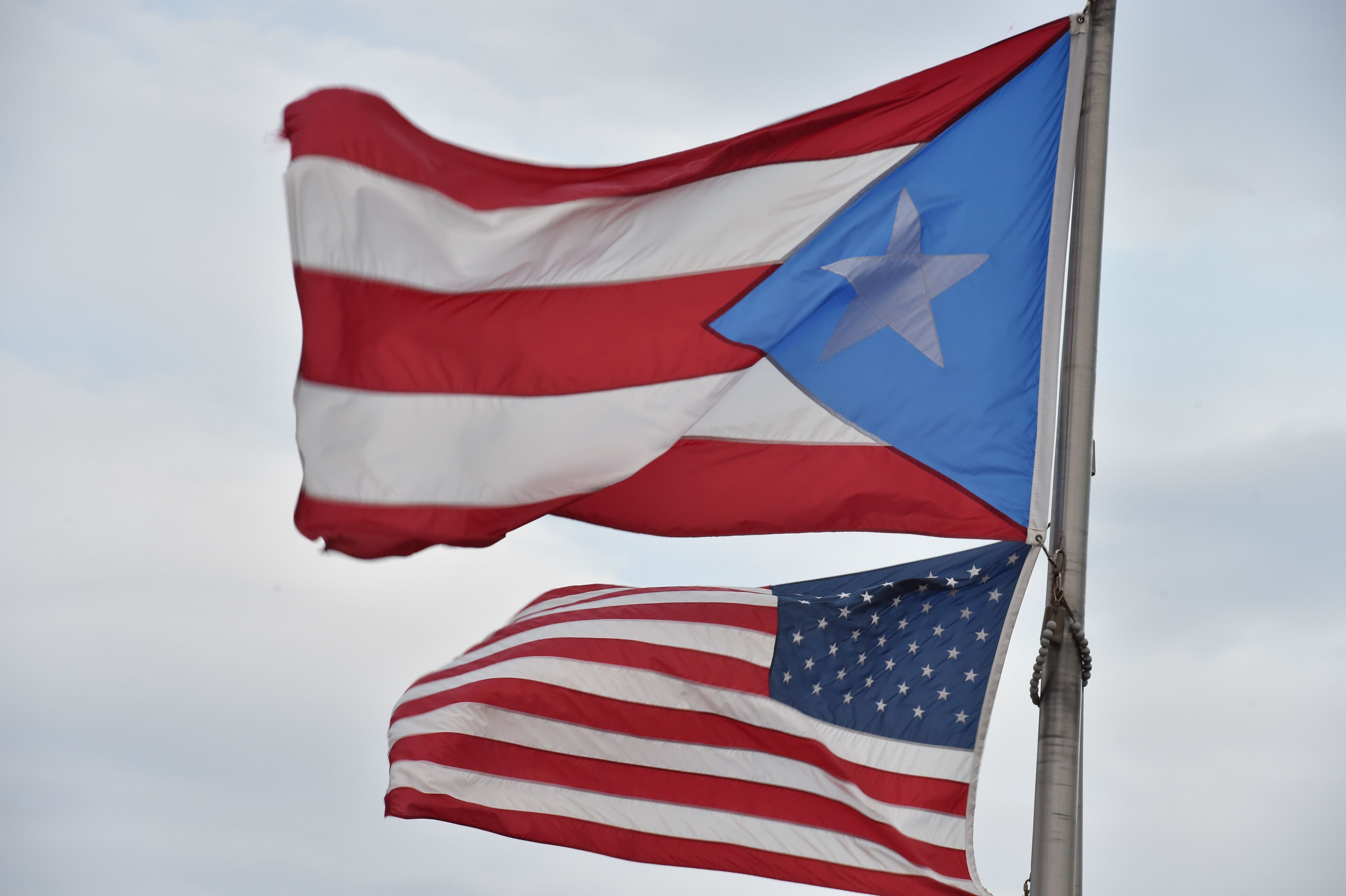![Puerto Ricans are US citizens, but many americans didn't know that [video : 84676586]](http://videos.usatoday.net/Brightcove2/29906170001/2016/05/29906170001_4904404933001_4904354557001-vs.jpg?pubId=29906170001)
WASHINGTON — Puerto Rico has its own Constitution and elects its own leaders, but it remains under the thumb of Congress, the Supreme Court ruled Thursday in a 6-2 decision.
![Supreme Court Puerto Rico [image : 85161006]](http://www.gannett-cdn.com/media/2016/05/30/USATODAY/USATODAY/636002155589378915-AFP-552093083.jpg)
The case involved a simple criminal prosecution for firearms sales, but the broader dispute focused on the commonwealth's autonomy. Lawyers for Puerto Rico argued that it should be able to try two men who already had pleaded guilty in federal court. Justice Elena Kagan, writing for the majority, said that would amount to double jeopardy.
"There is no getting away from the past," Kagan wrote. "Because the ultimate source of Puerto Rico's prosecutorial power is the federal government ... the Commonwealth and the United States are not separate sovereigns."
The court reasoned that although Congress in 1950 gave Puerto Rico the authority to establish its own government under its own constitution, that does not break the chain of command that originates with Congress. As a result, the commonwealth should be treated the same as other U.S. territories.
While the 50 states and even Indian tribe enjoy sovereign powers that preceded the union or were enshrined in the U.S. Constitution, Kagan wrote, Puerto Rico in 1952 "became a new kind of political entity, still closely associated with the United States but governed in accordance with, and exercising self-rule through, a popularly ratified constitution."
The island's Constitution, significant though it is, does not break the chain," she said.
Justice Ruth Bader Ginsburg went further in a concurrence, suggesting that the high court should hear a case that tests whether states and the federal government should remain able to try defendants for the same crime.
During oral argument in January, a majority of justices appeared to side with the Obama administration, which argued that as a territory of the United States, Puerto Rico cannot try the gun dealers after federal courts have acted. "Congress is the one who makes the rules," said Nicole Saharsky, an assistant solicitor general.
![Supreme Court divided over Puerto Rico's autonomy [oembed : 85161024] [oembed : 85161024] [oembed : 85161024] [oembed : 85161024] [oembed : 85161024] [oembed : 85161024] [oembed : 85161024] [oembed : 85161024] [oembed : 85161024] [oembed : 85161024] [oembed : 85161024] [oembed : 85161024] [oembed : 85161024] [oembed : 85161024] [oembed : 85161024] [oembed : 85161024] [oembed : 85161024] [oembed : 85161024] [oembed : 85161024] [oembed : 85161024] [oembed : 85161024] [oembed : 85161024] [oembed : 85161024] [oembed : 85161024] [oembed : 85161024] [oembed : 85161024] [oembed : 85161024] [oembed : 85161024] [oembed : 85161024] [oembed : 85161024]](/Portals/_default/Skins/PrestoLegacy/CommonCss/images/smartembed.png)
Most of the justices said the island's increased autonomy did not make it independent. "If you go back, the ultimate source of authority is Congress," Kagan said at the time, a conclusion she reiterated in the court's 18-page opinion.
If both the federal and commonwealth judiciaries could rule on the same cases, Justice Anthony Kennedy said, it would present "real practicalities of multiple prosecutions."
But Justices Stephen Breyer and Sonia Sotomayor, who both dissented Thursday, adamantly stood by Puerto Rico — with Breyer warning that if the court ruled against it, "that has enormous implications" for setting back the island's legal status.
"Longstanding customs, actions and attitudes, both in Puerto Rico and on the mainland, uniformly favor Puerto Rico's position — that it is sovereign, and has been since 1952, for purposes of the double jeopardy clause," Breyer wrote in their dissent.
Sotomayor, whose parents were born in Puerto Rico, said during oral argument that the island is "estado libre asociado" — a "free associated state."
The case was the first of two involving Puerto Rico to come before the high court this term. The justices also are weighing the commonwealth's effort to restructure part of its $70 billion public debt, an issue that is also before Congress. A federal appeals court blocked the restructuring because of conflicts with U.S. bankruptcy laws.
![Gannett-cdn [oembed : 85652522] [oembed : 85652522] [oembed : 85652522] [oembed : 85652522] [oembed : 85652522] [oembed : 85652522] [oembed : 85652522] [oembed : 85652522] [oembed : 85652522] [oembed : 85652522] [oembed : 85652522] [oembed : 85652522]](/Portals/_default/Skins/PrestoLegacy/CommonCss/images/smartembed.png)


